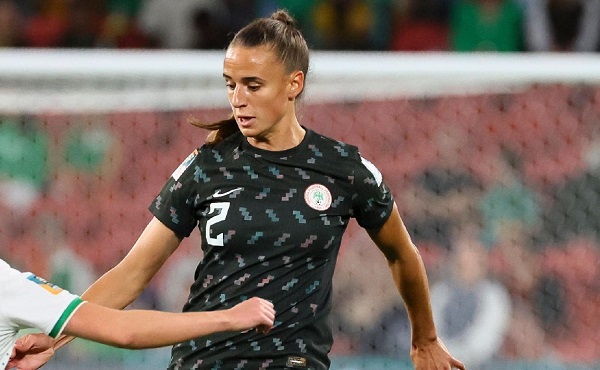The Monetary Policy Committee (MPC) of the Central Bank of Nigeria (CBN) has increased the Monetary Policy Rate (MPR) by 25 basis points, raising it from 27.25% to 27.50%, in response to ongoing inflationary pressures.
The decision was made at the final MPC meeting of 2024, held in Abuja, and was announced by CBN Governor, Olayemi Cardoso.
Other key monetary parameters were left unchanged: the asymmetric corridor around the MPR remains at +500/-100 basis points, the Cash Reserve Ratio (CRR) stays at 50% for Deposit Money Banks (DMBs) and 16% for merchant banks, and the liquidity ratio is set at 30%.
Cardoso explained that the rate hike was necessary due to rising inflation, with headline, food, and core inflation all increasing year-on-year in October 2024. He emphasized that persistent price pressures are negatively impacting citizens’ income and welfare.
While food prices continue to be a major driver of inflation, Cardoso pointed out that improved security in the northeast is expected to enhance food production. He also noted that rising energy costs, including the recent increase in Premium Motor Spirit (PMS) prices, are contributing to higher production and distribution costs.
The CBN governor expressed optimism that full deregulation of the downstream petroleum sector would stabilize prices in the medium term.
Cardoso emphasized the importance of strengthened collaboration between fiscal and monetary authorities to achieve price stability and sustainable growth.
He also noted the improvements in external reserves, driven by a current account surplus, increased remittances, and capital inflows, as evidence of effective policy measures.
The MPC stressed the need for continued surveillance of the banking sector to ensure compliance with regulatory thresholds and maintain financial stability.
Cardoso reaffirmed the CBN’s commitment to deepening financial inclusion and enhancing the effectiveness of monetary policy transmission.
On Nigeria’s Financial Action Task Force (FATF) grey list status, Cardoso projected an exit by the second quarter of 2025.
“We are enhancing regulatory frameworks, deepening international cooperation, and strengthening Anti-Money Laundering (AML) processes to meet FATF requirements,” he stated.
The governor also noted efforts to boost diaspora remittances, which have risen from $250 million to $600 million monthly following reforms and engagement with Nigerians abroad. He assured that the CBN remains committed to currency stability, noting a positive balance of payments and urging Nigerians to prioritize local goods to reduce reliance on imports.
Addressing the anticipated high demand for cash during the Christmas season, Cardoso revealed plans for ad hoc measures to ensure adequate cash supply.
“We are conducting spot checks and engaging banks to address any gaps, ensuring a seamless festive season,” he said.
The MPC concluded with a pledge to focus on measures that address inflation, stabilize the exchange rate, and support economic recovery into 2025.


